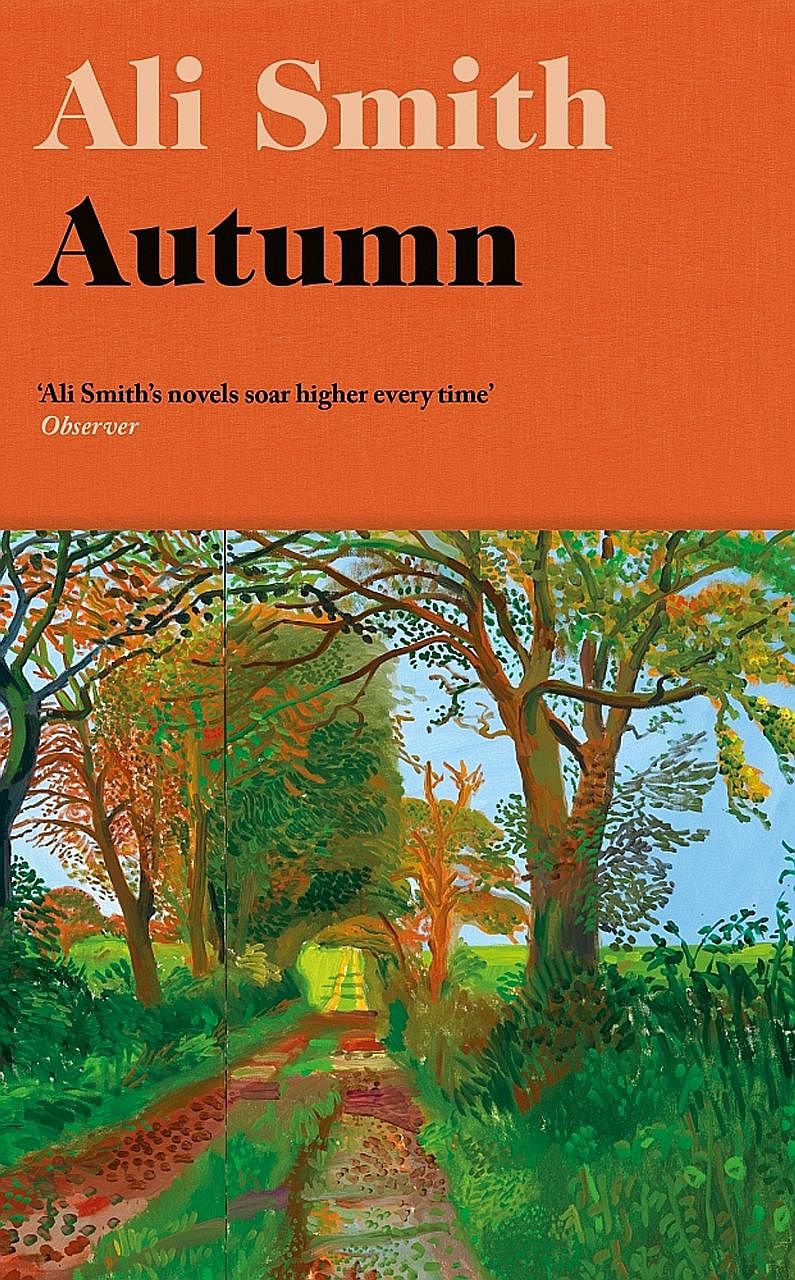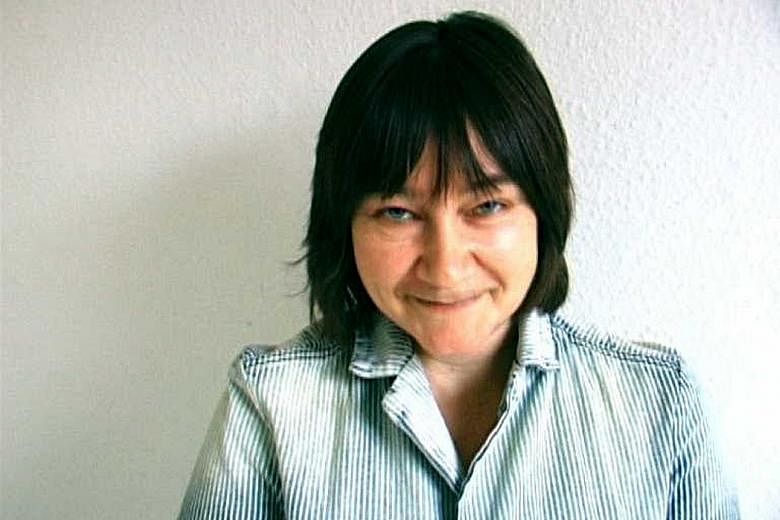FICTION
AUTUMN
By Ali Smith Hamish Hamilton/Paperback/ 263 pages/$29.91/Books Kinokuniya/4/5 stars
An old man describes a series of paintings so vividly and brilliantly to a young girl that, years later, when she sees them with her own eyes, she recognises them at once.
Such ekphrasis permeates the novel Autumn, which itself seeks to capture in words the fading, abstract beauty of that "season of mists and mellow fruitfulness", as Romantic poet John Keats wrote in his ode To Autumn.

Autumn is the first in a seasonal quartet by Scottish writer Ali Smith, rushed out to lay claim to being the first post-Brexit novel.
This works about half the time.
The Brexit references sometimes feel shoehorned in, particularly in a lengthy diatribe in the middle, in which people across Britain Google "what is EU" and "move to Scotland".
But elsewhere, Smith is more subtle at picturing the shades of unrest in a country divided within itself, against a wider meditation on the passage of time.
The narrative loops loosely around the friendship between former neighbours Daniel Gluck, a comatose 101-year-old in a care home, and art history lecturer Elisabeth Demand, 32.
While babysitting eight-year-old Elisabeth, Daniel would describe to her paintings by Pauline Boty, the only woman in 1960s British pop art, or challenge her to games that test her storytelling skills.
In the present, Daniel wheels through his past years, stuck in limbo between life and death.
Between visits to him, Elisabeth navigates post-Brexit England, with its xenophobic graffiti and ominous chain-link fences that bring a whiff of dystopia to village greens.
In a wryly funny exchange at the post office, she tries to apply for a new passport, only to be told her photo is likely to be rejected because her head is the wrong size or her hair is too close to her face.
Such bureaucratic inanities give way to the uneasy policing of public spaces, radio reports of funding for refugee children being cut and a cottage defaced with the words, "GO HOME".
But Smith's vision of post-Brexit England, for all its shadows, is not apocalypse. Her novel is marked with quiet, brave notes of hope.
When Elisabeth passes the defaced house again, someone has painted "WE ARE ALREADY HOME THANK YOU" underneath. Flowers, painted and real, litter the walls and ground around it.
Even as the novel moves into winter, and Britain heads into a difficult withdrawal from the European Union, Smith reminds the reader that "there are roses, there are still roses".
If you like this, read: How To Be Both by Ali Smith (Penguin, 2015, $19.21, Books Kinokuniya), which interweaves the stories of a 15th- century Italian artist and a British teenager in the present who has lost her mother.
Olivia Ho


